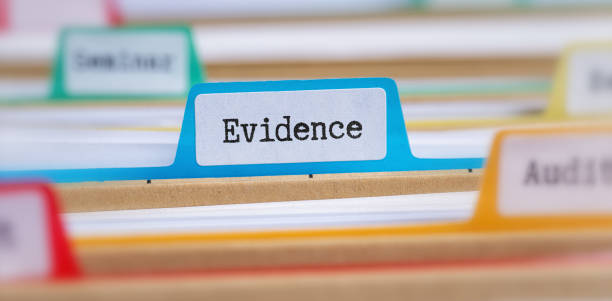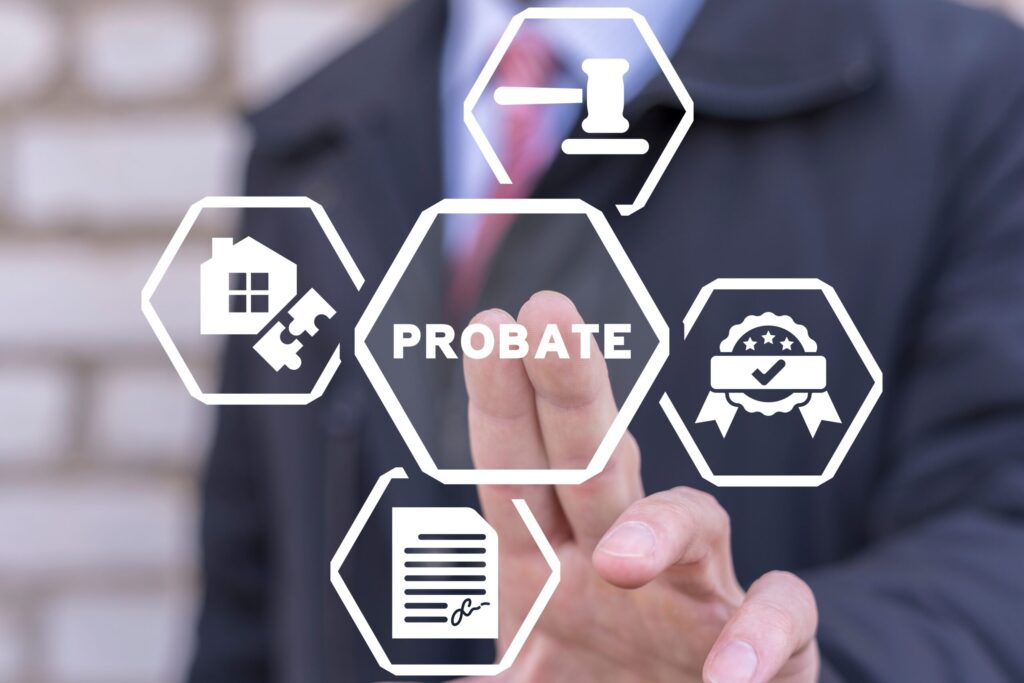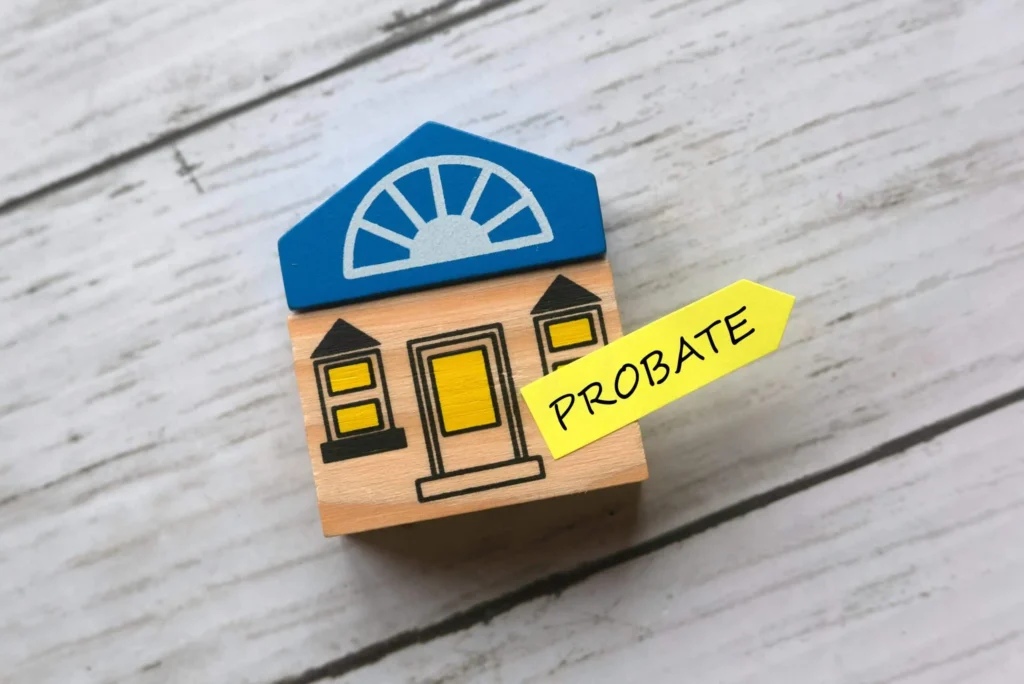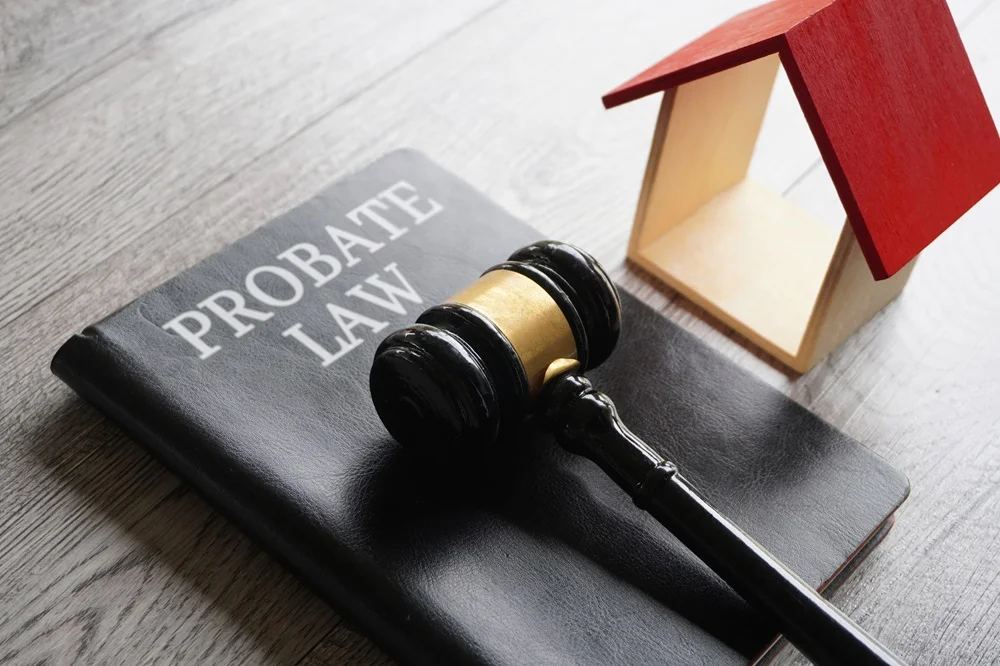Estate planning is supposed to bring peace of mind. A will should answer questions, eliminate confusion, and protect loved ones from legal headaches. But what happens when the will is outdated or includes the wrong name altogether? Imagine this: A man dies, and his will names his ex-wife—whom he divorced ten years ago—as the sole beneficiary. Or perhaps a grandmother intended to leave her home to her grandson, but mistakenly listed his father’s name instead. These aren’t rare mistakes. They’re surprisingly common—and in Texas, they can lead to drawn-out court battles, bitter family disputes, and unexpected outcomes that completely override a person’s true wishes.
In this article, we’ll unpack exactly what happens when a will contains the wrong name, why these mistakes occur, how Texas courts deal with them, and most importantly, what you can do now to avoid such a costly mess later.
How Do Mistakes Happen in a Will?

A will is a legally binding document, but it’s written by humans—often without legal help. That means it’s vulnerable to all kinds of human error:
- Outdated information (e.g., naming someone who has passed away or is no longer in the person’s life)
- Typos or incorrect legal names
- Failure to update after major life events, like marriage, divorce, or the birth of children
- Assumptions that informal documents are enough
- DIY wills created without legal review
In many cases, the person writing the will had good intentions but either procrastinated, misunderstood the law, or didn’t think minor name discrepancies would matter. Unfortunately, in Texas probate court, even small mistakes can have massive consequences.
The Legal Impact of a Wrong Name in a Texas Will
Under Texas law, the primary goal in probate is to carry out the intent of the testator—the person who wrote the will. However, courts can only do that within the limits of what the document says.
So when a name is wrong, the probate court has to answer:
- Was it a simple mistake?
- Does enough supporting evidence exist to clarify the testator’s intent?
- Does the error make the gift invalid or ambiguous?
If the court finds the mistake too vague or unsupported by evidence, it may invalidate that portion of the will—or in some cases, invalidate the entire will.
Common Scenarios and How Courts Handle Them
Let’s break down some of the most common “wrong name” situations that create problems in Texas probate courts:
1. Naming the Wrong Person Entirely

Example: A father intends to leave his car to his grandson, Jordan, but mistakenly writes “Jason” (his son’s name) in the will.
Court Considerations:
- Is there clear evidence of what he intended?
- Were both people alive at the time of death?
- Can external documents or witness testimony clarify the mistake?
Outcome: If the court can confidently determine the mistake, they may correct it and award the asset to the intended person. If not, the gift could lapse and pass to the residuary estate or through intestate succession.
2. Outdated Beneficiaries (Like an Ex-Spouse)
Texas law automatically revokes any bequest to a former spouse if the couple is divorced after the will is written. However, if the will was created after the divorce or if the testator never updated it to reflect their new life, courts will generally honor the latest document—even if it seems out of sync with the current family structure.
Outcome: In some cases, outdated documents benefit people the deceased may not have wanted to include. And if a newer will can’t be found, the obsolete version stands.
3. Wrong Legal Names
Example: Someone leaves property to “Joey Martinez,” but the actual intended heir is “Joseph A. Martinez Jr.”
Courts will assess whether the named person exists. If the name is slightly off but matches the identity, courts may still allow it. If there’s ambiguity or multiple potential claimants, it can trigger a will contest.
The Role of Extrinsic Evidence in Clarifying Mistakes
Texas courts generally do not allow evidence outside the will (called extrinsic evidence) to interpret or alter clear language. However, when there is ambiguity—for example, two relatives with similar names or a nickname used in place of a legal name—the court may consider outside information such as:
- Letters, texts, or notes from the testator
- Testimony from family members or friends
- Past versions of the will
- Statements from the estate attorney

That said, extrinsic evidence is never guaranteed to sway the court. That’s why clarity and accuracy from the beginning are crucial.
How Mistakes Can Spiral into Legal Battles
A single incorrect name can delay the probate process for months—or even years. It may:
- Trigger will contests from family members who feel left out
- Cause the executor to seek court clarification, leading to additional legal costs
- Result in the court invalidating gifts or entire sections of the will
- Spark family feuds and long-term resentment
In some cases, the dispute ends in a costly trial where each party presents arguments about what the deceased really meant. These are emotionally draining and financially burdensome proceedings that could’ve been avoided with better planning.
Intent vs. Execution: Which One Wins?
While Texas probate law tries to honor intent, it puts legal structure and clarity first. That means even if family members know what the deceased “would have wanted,” the court can’t act unless it’s legally supported by the language in the will.
Courts do not rewrite wills. They interpret them—and if the writing is flawed, the outcome may go completely against the person’s wishes.
How to Fix or Avoid Mistakes Before It’s Too Late
If you’re reading this in time to prevent a future issue, here’s what to do:
1. Review Your Will Regularly
Texas estate planning experts recommend reviewing your will:
- Every 2–3 years
- After major life events (marriage, divorce, birth, death, new assets)
If names are outdated or incorrect, don’t rely on a sticky note or verbal explanation—update the will formally.
2. Use Full Legal Names
Avoid nicknames. Use complete legal names, including middle initials or suffixes (Jr., Sr., III) when applicable.
3. Specify Relationships
Instead of writing “to Jennifer,” write “to my niece, Jennifer C. Smith (DOB: 03/18/1995).” This limits confusion if there’s more than one Jennifer in the family.
4. Don’t DIY Complex Wills
Online templates and handwritten wills (also called holographic wills in Texas) are legal—but dangerous. They leave too much room for error, especially when large assets or multiple heirs are involved.
5. Consult an Estate Planning Attorney
A qualified attorney can help you catch mistakes you didn’t even know existed. They’ll also make sure your will complies with Texas law and includes the right supporting documents.
Already Found a Mistake in a Loved One’s Will? Here’s What to Do
If you’re the executor or a family member and you’ve discovered the wrong name in the will:
- Don’t panic: Minor mistakes can sometimes be corrected with court approval.
- Notify the probate court: Bring up the issue immediately during the probate process.
- Gather supporting evidence: Collect documents, past communications, and testimony showing the decedent’s true intent.
- Consult a probate attorney: This isn’t something to handle on your own. An attorney can help you decide whether to seek a judicial construction (interpretation) of the will or file a motion to resolve ambiguity.
When Courts Can Rewrite or Disregard a Will
Texas courts cannot rewrite a will—but they can sometimes disregard flawed parts if:
- The language is too ambiguous to interpret
- The named person cannot be identified with certainty
- The intended beneficiary is deceased and no alternate is listed
In these cases, that portion of the estate may pass to other heirs or fall into the residuary clause. If there is no valid will, Texas intestacy laws apply—and the assets go to legal heirs, not necessarily the intended ones.
Final Thoughts: Don’t Let One Wrong Name Undo Everything
A will is only as good as its clarity. One wrong name might seem like a small error, but in Texas probate court, it can create a ripple effect that turns a simple estate into a complex legal disaster. Whether you’re creating your own will or managing someone else’s, accuracy is key. Use full legal names. Update regularly. Specify relationships. And don’t assume that everyone will “just know” what you meant—because courts can’t honor unspoken wishes.
If you suspect a will may have naming errors, or if you’re not sure your current documents reflect your intentions, now is the time to fix it—not later when it’s too late to explain.









